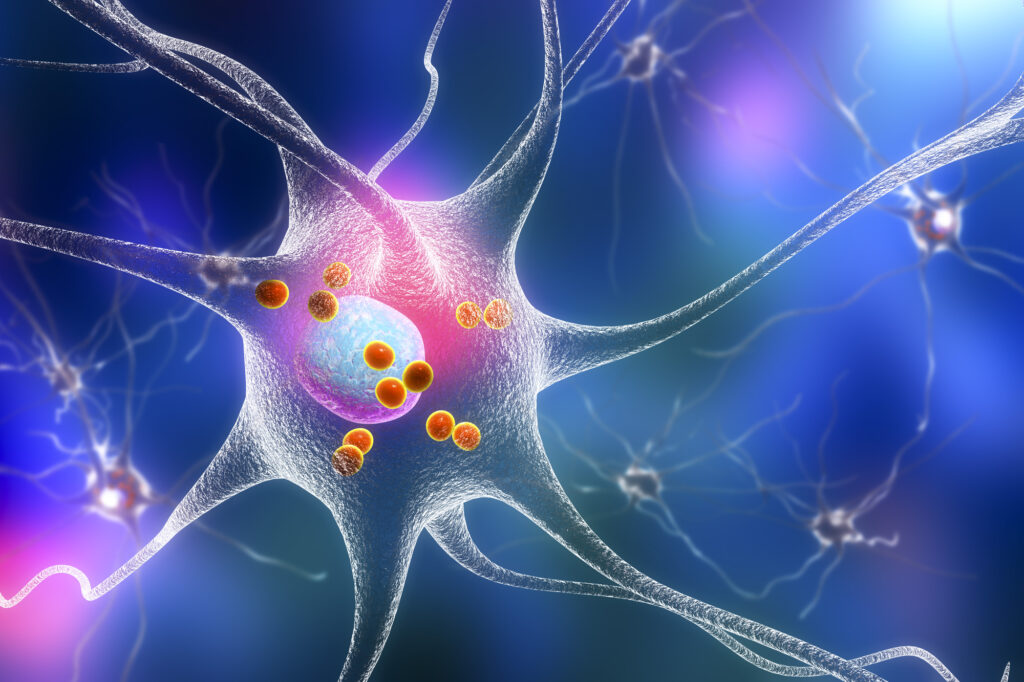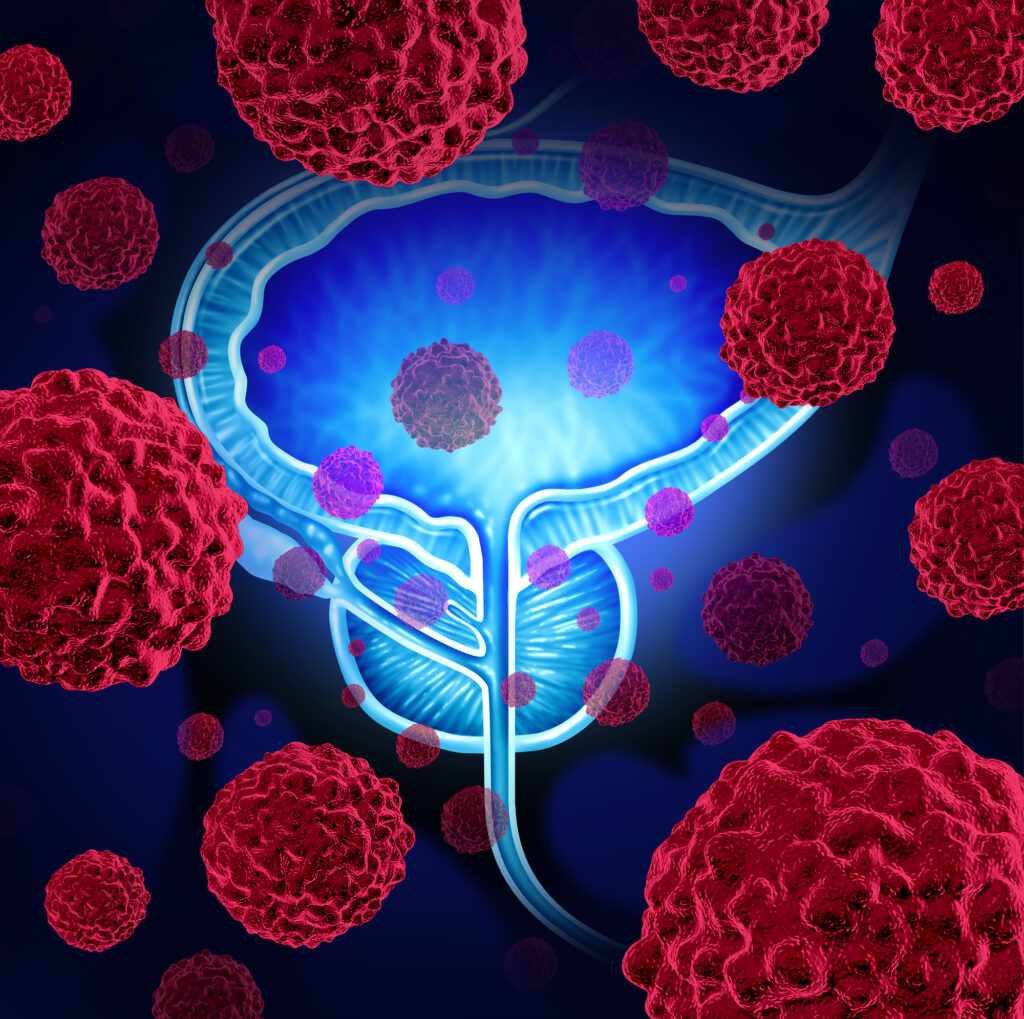The Mindful Microbiota
Trillions of microorganisms—bacteria, viruses, fungi, and others—create the microbiota. The vast majority, around 70%, of these bugs reside in our intestines and are vital to the development of our immune system, influence our metabolism, and protect us from pathogens. Interestingly, the gut microbiota also affects our cognitive function and mood through a bi-directional communication network called the gut-brain axis. The gut-brain axis is a complex interaction whereas the microbiota engages locally with intestinal cells as well as communicate directly with the central nervous system through neuroendocrine, immune, and metabolic pathways.1 Gut bacteria also produce neurotransmitters that affect memory, learning, attention, and emotion.
The other half of the bidirectional gut-brain axis communication is how the brain influences the gut. The Hypothalamic-Pituitary-Adrenal Axis, or HPA Axis, is a bidirectional neuroendocrine network with pathways and feedback loops that function to maintain physiological homeodynamic balance including our rest and stressed states, as well as regulate our memory and emotional responses.
Our resident microbes continuously interact with the HPA axis through several mediators that cross the blood-brain barrier and include microbial antigens, cytokines, and prostaglandins. There is also evidence that various microbial species can affect ileal corticosterone production that may impact the activity of the HPA axis.2 Conversely, prolonged HPA Axis activation during periods of stress can directly impact the gut microbiota composition and elevate levels of inflammatory cytokines, such as interleukin-6 and monocyte chemotactic protein in the blood.3
Balancing Act- Supporting Stress Response
Busy and demanding lifestyles can create chronic, long-term stress that may tax the HPA axis and negatively affect the stress-response system. Lifestyle interventions that support a healthy stress response and optimal HPA axis function are vital to overall health and well-being. Reducing stress when possible, utilizing relaxation techniques, participating in moderate exercise on a regular basis, and eating a healthful diet based on whole, low-glycemic foods can provide support to help manage the effect of stress on the body.4,5,6 And new research into gut-brain mechanisms has spearheaded the development of targeted probiotics and botanical formulations shown to support healthy HPA axis function and to promote a more optimal response to everyday stressors.
Mood and Probiotics Research
Probiotics can improve and restore the intestinal barrier function in diverse ways and effects are thought to be species- and even strain-specific. Probiotic strains have been specifically selected for their pronounced synergistic influence on the gut-brain axis as demonstrated by both human and animal studies. This formulation termed Ecologic BARRIER was specifically designed to influence the gut-brain axis through defined mechanisms including strengthening of the gut barrier function, modulating cytokine production and inflammatory response, production of potentially neuroprotective metabolites, and HPA regulation.7 Ecologic BARRIER, a 5 billion CFU probiotic blend, is the first probiotic formula clinically shown to support a healthy mood.†
Natural HPA Axis Optimization
During times of severe and repetitive stress, an individual can benefit from adaptogenic herbs and nutrients that help dampen HPA axis activation and support healthy cortisol balance. Magnolia (Magnolia officinalis) provides a soothing effect during periods of stress. This may, at least in part, be due to the herb’s activation of GABA receptors, which, in turn, reduces the initial activation of the HPA axis.8 Another adaptogenic herb shown to improve resistance to frequent or ongoing stress is ashwagandha (Withania somnifera). Ashwagandha can modulate stress hormones, typically lowering prolonged or high elevations of cortisol.9
Supplemental Support
Two patented ingredients, Relora® and Sensoril®, have been clinically shown to support a healthy stress response.† Relora® is a combination of botanical extracts, Magnolia officinalis and Phellodendron amurense, used historically for supporting a healthy stress response, and has been clinically shown to decrease stress, lower salivary cortisol, and improve mood scores.10† Sensoril® is a proprietary extract of Ashwagandha (Withania somnifera), a botanical adaptogen shown in multiple clinical trials to support healthy energy levels, stress relief, and mood.11†
Taking an individualized approach based on symptoms and lifestyle, and combining the nutrients discussed above with healthy lifestyle changes that include diet, exercise, and relaxation can help you better cope with current and future stressors, thus improving overall health and well-being.
References
1 Carabotti M, Scirocco A, Maselli MA, Severi C. The gut-brain axis: interactions between enteric microbiota, central and enteric nervous systems. Ann Gastroenterol. 2015 Apr-Jun; 28(2): 203–209.
2 Misiak B, Łoniewski I, Marlicz W, et al. The HPA axis dysregulation in severe mental illness: Can we shift the blame to gut microbiota?. Prog Neuropsychopharmacol Biol Psychiatry. 2020;102:109951.
3 Bailey MT, Dowd SE, Galley JD, Hufnagle AR, Allen RG, Lyte M. Exposure to a social stressor alters the structure of the intestinal microbiota: Implications for stressor-induced immunomodulation. Brain Behav Immun. 2011;25:397–407
4 Esch T, Fricchione GL, Stefano GB. The therapeutic use of the relaxation response in stress-related diseases. Med Sci Monit. 2003;9(2):RA23-RA34.
5 Ghigo E, Lanfranco F, Strasburger CJ, eds. Hormone Use and Abuse by Athletes.12th ed. Philadelphia, PA: Springer; 2011.
6 Duong M, Cohen JI, Convit A. High cortisol levels are associated with low quality food choice in Type 2 Diabetes. Endocrine. 2012;41(1):76-81.
7 Van Hemert et al. Influence of the multispecies probiotic Ecologic Barrier on parameters of intestinal barrier function. Food Nutr Sci. 2014;5:1739-45.
8 Ai J, Wang X, Nielsen M. Honokiol and magnolol selectively interact with GABA receptor subtypes in vitro. Pharmacology. 2001;63(1):34-41.
9 Chandrasekhar K, Kapoor J, Anishetty S. A prospective, randomized double-blind, placebo-controlled study and efficacy of a high-concentration full-spectrum extract of ashwagandha root in reducing stress and anxiety in adults. Indian J Psychol Med. 2012;34(3):255-262.
10 Talbott SM, Talbott JA, Pugh M. Effect of Magnolia officinalis and Phellodendron amurense (Relora®) on cortisol and psychological mood state in moderately stressed subjects. J Int Soc Sports Nutr. 2013 Aug;10(1):37.
11 Steenbergen L, Sellaro R, van Hemert S, Bosch JA, Colzato LS. A randomized, controlled trial to test the effect of multispecies probiotics on cognitive reactivity to sad mood. Brain Behav Immun. 2015 Aug;48:258-64






